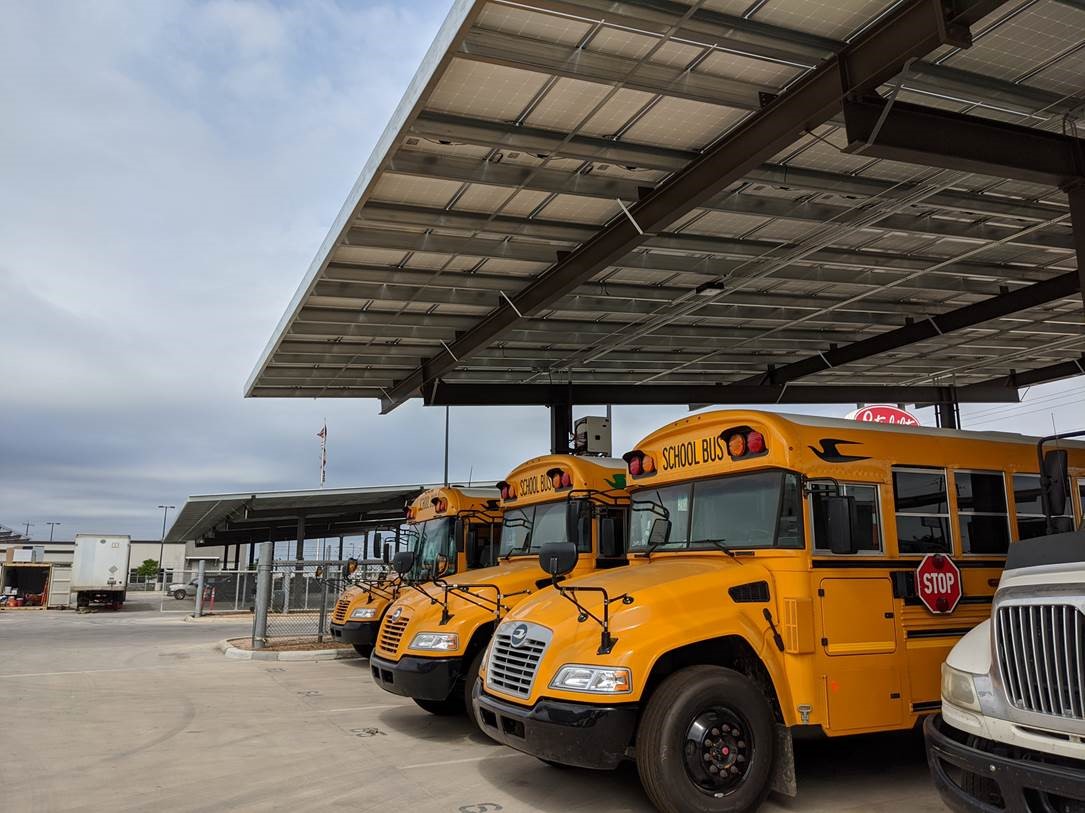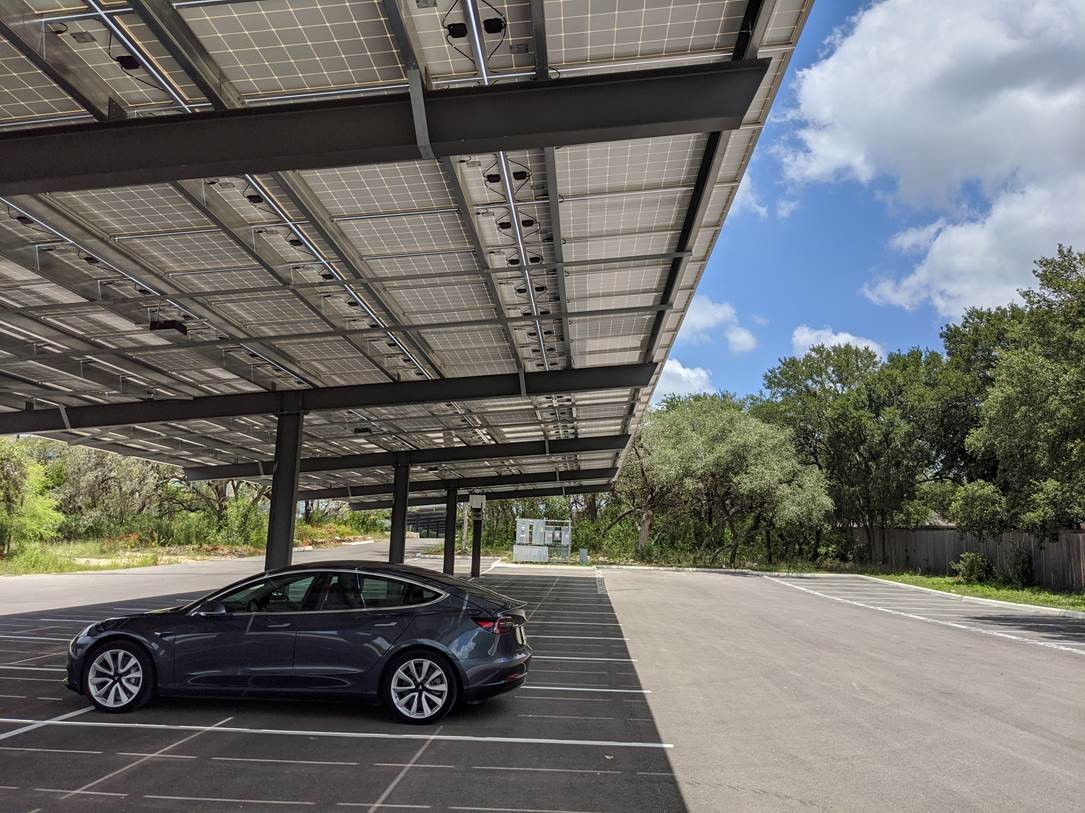Expanding participation in solar energy efforts in San Antonio

CPS Energy , the municipally owned utility serving San Antonio, Texas, has offered a generous solar rebate program for over a decade. However, the barrier to adopting solar power at home is still significant for many, both financially and logistically. The upfront investment can be a hurdle for some, and solar panels require rooftops in great condition that aren’t blocked by foliage and have code-compliant electric service panels. In order to help open the door to green energy participation, CPS Energy worked with Go Smart Solar to develop a unique mutually beneficial solution—the Big Sun Community Solar assistance program. This collaborative effort will also engage the Westside Development Corporation for communication and marketing and Texas Energy Poverty Research Institute (TEPRI) for data analytics.
Implementing creative solar energy ownership solutions
Many in San Antonio were historically excluded from installing solar panels because they don’t own their homes, their roof requires modernization, or their roof is blocked by mature trees. “These neighborhoods have homes that were built in the 40s, 50s, or 60s, so they have these large, beautiful trees that are casting shade on people’s homes. You don’t want to install solar panels under trees because it impacts their production, and of course we don’t want to promote cutting down those trees,” says Jason Pittman of Go Smart Solar. Go Smart Solar set out to offer a solar panel purchasing program that made solar ownership more financially accessible. The Big Sun Community Solar assistance program was created to save upfront costs and provide long-term financial and environmental benefits.
Microsoft and other partners came together and provided grant money to 48 program participants to pay for solar panel installation. Then, uniquely, the solar panels are installed in nearby sunny locations, atop carports. To finance the long-term ownership of solar panels, participants receive a loan from River City Federal Credit Union that requires no money down and features a competitive interest rate.
Benefiting from solar panel ownership
Because Big Sun Community Solar participants don’t have their panels installed at home, all of the energy produced is sold to CPS Energy for a credit on residents’ utility bills. This means that monthly, energy credits are used to secure a participant’s loan payment to River City Federal Credit Union; were it not for Big Sun Community Solar, some participants may not have access to the financing that makes ownership possible. Production of the solar panels is used to calculate credits to the user’s electric bill. “Every month, we measure the production of the panels that our customers own, and then we tell CPS Energy through a software platform how much credit to put on their bills,” explains Pittman. Monthly credits vary seasonally, sometimes just a few dollars, but sometimes over $50 per month; on average, Big Sun Solar Assistance participants will be credited with over $200 annually.
Big Sun Community Solar will survey participants regularly to better understand how they are using the money they’ve saved. The first round of surveys recently went out to Big Sun Community Solar participants to gain insight into why they chose to join; out of eight respondents, six stated that they joined because there were no up-front costs. All respondents said that saving money on their utility bill was a key influence in purchasing the solar panels.
Allowing for turnkey, flexible solar panel ownership
Solar panel ownership comes with its own set of obligations, including insurance and long-term maintenance. Participants in the Big Sun Community Solar program benefit from owning solar panels without being responsible for repairs from storm damage or regular maintenance. There is also much more flexibility in this method of ownership; typically, renters are unable to participate in solar energy because they do not own the roof. Also, the benefits of this program will follow participants even if they move to a different home in San Antonio (seven of eight survey respondents noted this as a key reason for joining the program). For those who might leave San Antonio, the solar system can be sold with along with the home, or can be sold or donated to a friend or family member.
Many people see the benefits associated with renewable energy sources, but are unable to make a significant up-front investment to install solar panels or cannot participate for logistical reasons. Five of the eight recent survey respondents said improving local air quality influenced their decision to participate in the community solar initiative, and six of eight pointed to reducing carbon emissions. “Our Solar Assistance customers want to help the environment and they want to try to be as energy independent as possible while lowering their energy bills,” says Pittman. These folks are now able to expand the usage of solar power while saving themselves money, without the traditional barriers to implementation.



